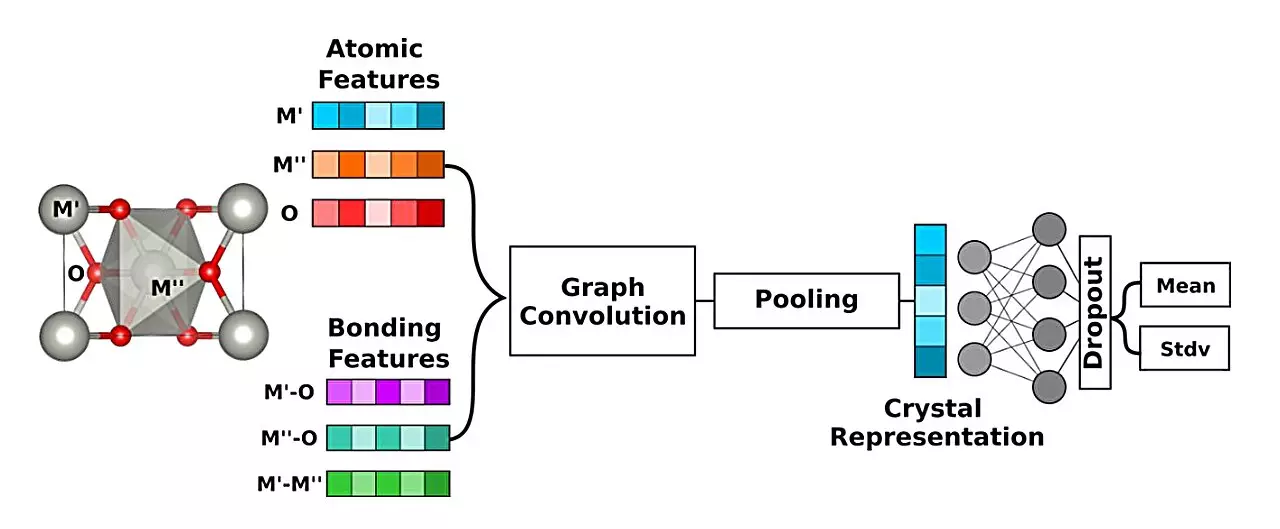In recent years, researchers at the University of Toronto have made significant strides in using artificial intelligence (AI) to accelerate scientific breakthroughs in the search for sustainable energy solutions. By leveraging the power of AI algorithms, they have been able to streamline the process of identifying new catalysts for producing green hydrogen fuel, a key component in the quest for cleaner and more efficient energy sources.
The production of green hydrogen involves passing electricity generated from renewable sources through water to release oxygen and hydrogen gases. However, the current method is energy-intensive and relies on rare and expensive metals as catalysts. Researchers are faced with the daunting task of identifying the most effective metal alloy combinations that can enhance the efficiency and affordability of this process.
Traditionally, the search for optimal catalysts would involve laborious trial-and-error experiments in the laboratory, a process that is both time-consuming and inefficient. Recognizing the need for a more expedited approach, a team of scientists, led by Jehad Abed, developed an AI program that could analyze over 36,000 metal oxide combinations to identify the most promising candidates. The program utilized virtual simulations to predict the performance of each combination, significantly reducing the time and resources required for experimentation.
Following the AI program’s recommendations, Abed and his team synthesized an alloy consisting of ruthenium, chromium, and titanium in specific proportions. Through experiments conducted at the Canadian Light Source and the Argonne National Laboratory, they confirmed that the AI-generated alloy outperformed the benchmark metal by a factor of 20 in terms of stability and durability. This breakthrough highlighted the potential of AI in accelerating the discovery of advanced catalyst materials for sustainable energy applications.
While the AI-driven approach demonstrated promising results in the lab, further testing is required to evaluate the alloy’s performance under real-world conditions. Despite the success of the AI program in expediting the search for catalysts, ongoing research efforts are needed to optimize the materials for practical implementation. Abed and his colleagues remain optimistic about the role of AI in revolutionizing the field of sustainable energy research and envision a future where AI algorithms play a pivotal role in driving innovation and progress in the quest for greener energy solutions.
The integration of artificial intelligence into sustainable energy research has the potential to revolutionize the way we approach complex scientific challenges. By harnessing the analytical power of AI algorithms, researchers can expedite the discovery of novel materials and technologies that pave the way for a more sustainable and environmentally friendly future. As we continue to push the boundaries of innovation, the collaboration between human ingenuity and AI-driven insights holds the key to unlocking new possibilities in the field of sustainable energy.


Leave a Reply